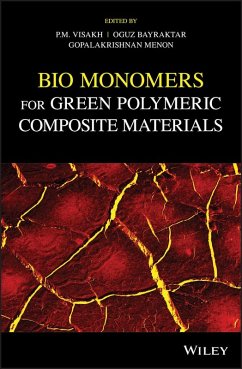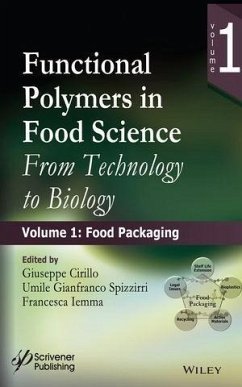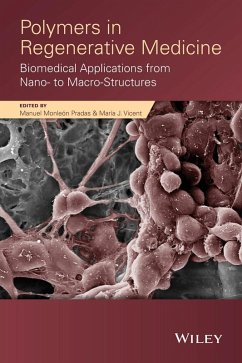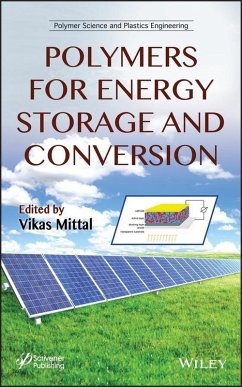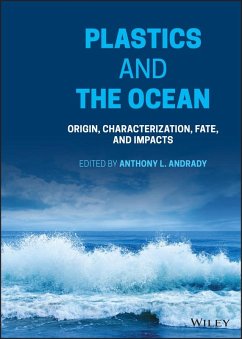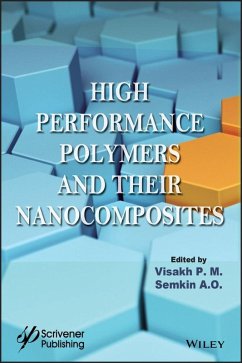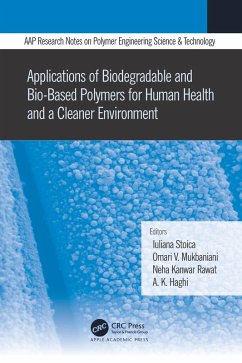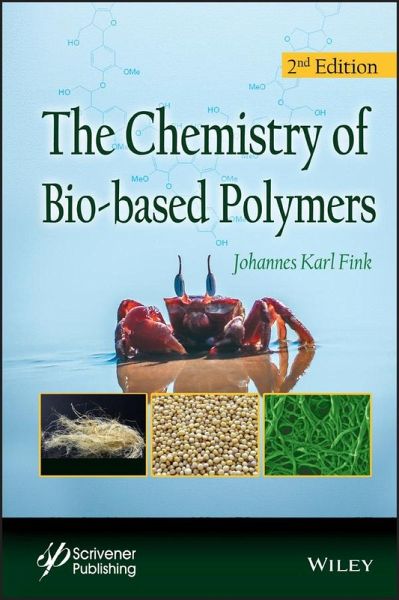
The Chemistry of Bio-based Polymers (eBook, ePUB)
Versandkostenfrei!
Sofort per Download lieferbar
205,99 €
inkl. MwSt.
Weitere Ausgaben:

PAYBACK Punkte
0 °P sammeln!
The recent explosion of interdisciplinary research has fragmented the knowledge base surrounding renewable polymers. The Chemistry of Bio-based Polymers, 2nd edition brings together, in one volume, the research and work of Professor Johannes Fink, focusing on biopolymers that can be synthesized from renewable polymers. After introducing general aspects of the field, the book's subsequent chapters examine the chemistry of biodegradable polymeric types sorted by their chemical compounds, including the synthesis of low molecular compounds. Various categories of biopolymers are detailed including ...
The recent explosion of interdisciplinary research has fragmented the knowledge base surrounding renewable polymers. The Chemistry of Bio-based Polymers, 2nd edition brings together, in one volume, the research and work of Professor Johannes Fink, focusing on biopolymers that can be synthesized from renewable polymers. After introducing general aspects of the field, the book's subsequent chapters examine the chemistry of biodegradable polymeric types sorted by their chemical compounds, including the synthesis of low molecular compounds. Various categories of biopolymers are detailed including vinyl-based polymers, acid and lactone polymers, ester and amide polymers, carbohydrate-related polymers and others. Procedures for the preparation of biopolymers and biodegradable nanocomposites are arranged by chemical methods and in vitro biological methods, with discussion of the issue of "plastics from bacteria." The factors influencing the degradation and biodegradation of polymers used in food packaging, exposed to various environments, are detailed at length. The book covers the medical applications of bio-based polymers, concentrating on controlled drug delivery, temporary prostheses, and scaffolds for tissue engineering. Professor Fink also addresses renewable resources for fabricating biofuels and argues for localized biorefineries, as biomass feedstocks are more efficiently handled locally.
Dieser Download kann aus rechtlichen Gründen nur mit Rechnungsadresse in A, B, BG, CY, CZ, D, DK, EW, E, FIN, F, GR, HR, H, IRL, I, LT, L, LR, M, NL, PL, P, R, S, SLO, SK ausgeliefert werden.




